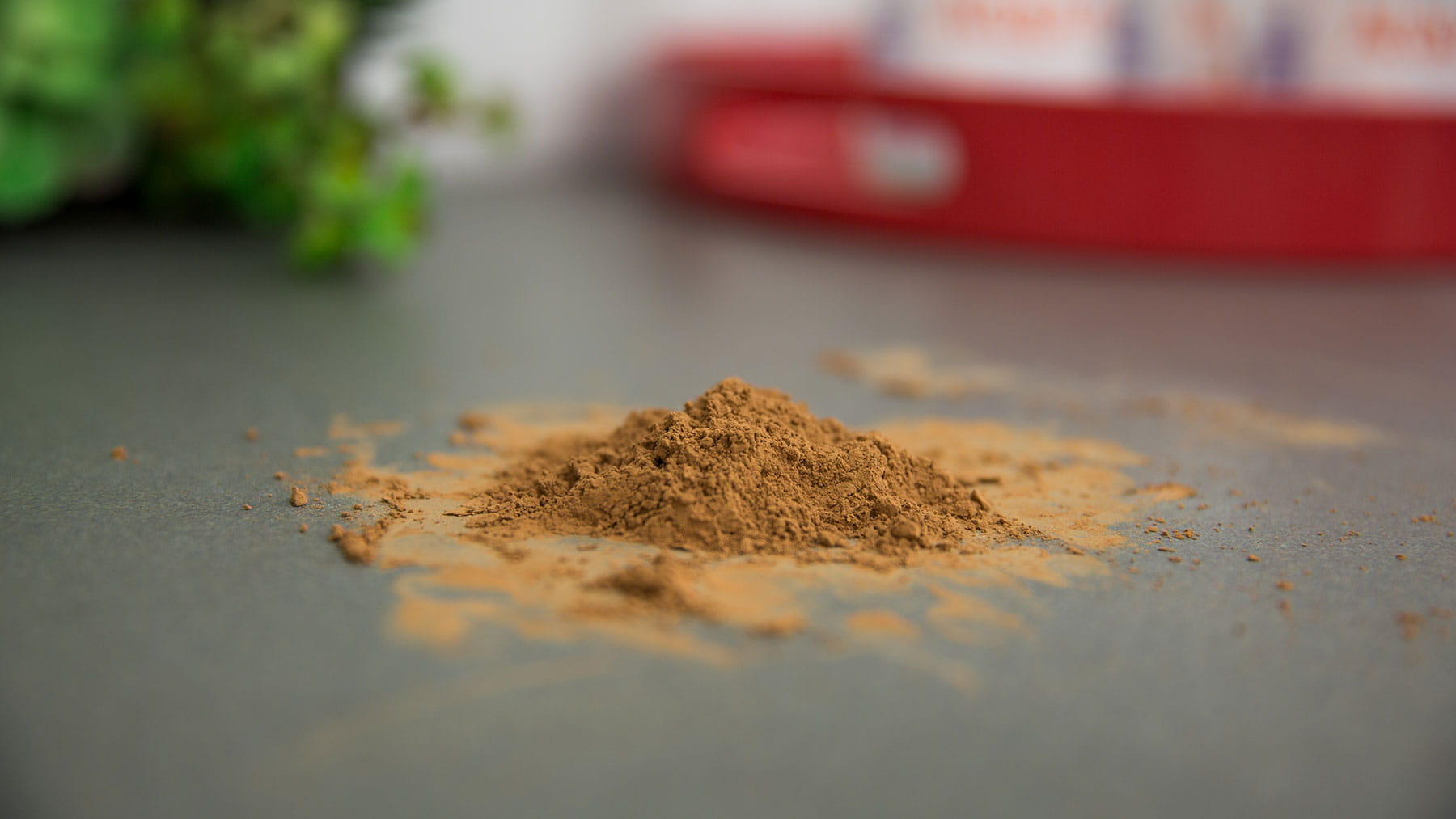Snorting chocolate is not a sweet idea

Snorting finely ground cacao powder apparently is favored by some looking to get an immediate jolt of elation, thanks to caffeine contained in the chocolate. However, our bodies aren’t designed for snorting chocolate, says Alexander Farag, MD, of The Ohio State University Wexner Medical Center.
“There’s a reason that we have a stomach,” Farag says. “It’s acidic and breaks compounds down into smaller particles. Furthermore, areas in our body designed for absorption (intestines) are not the first portal of entry. There’s a reason we have a liver to filter toxins from our blood. When you bypass those mechanisms, you push the limits of your body.”
Enough reports have surfaced about chocolate snorting that it’s become a trending topic on social media. One product getting a lot of attention is Coco Loko, a dietary supplement available online. It’s ground cacao infused with other substances, including taurine and other common ingredients found in energy drinks.
Farag, a rhinologist and skull base surgeon in the Department of Otolaryngology, says the appeal of chocolate powder varies from individual to individual. “We know that foods high in sugar and fat, like chocolate, trigger reward pathways in the brain.” New supplements are exploiting this link by fortifying cacao with stimulative elements found in energy drinks.
People snort the powder employing the same methods used with drugs such as cocaine. The link has begun to alarm some. Senate Minority Leader Chuck Schumer has asked the U.S. Food and Drug Administration to research the safety of Coco Loko.
 “The nose is a very vascular place which allows for the rapid absorption of compounds into the blood,” Farag says. “Snorted substances can also utilize smell and other cranial nerves to bypass the blood-brain barrier, allowing direct entry into the brain. This can produce a more intense euphoria and taste from a compound.”
“The nose is a very vascular place which allows for the rapid absorption of compounds into the blood,” Farag says. “Snorted substances can also utilize smell and other cranial nerves to bypass the blood-brain barrier, allowing direct entry into the brain. This can produce a more intense euphoria and taste from a compound.”Some might argue it’s a relatively safe alternative to snorting more-dangerous drugs.
“No, it’s not a good idea to replace an illicit substance with another substance,” says Farag, who’s seen the aftereffects of people snorting a variety of common items, from Tylenol to nutmeg to crushed candy.
Chocolate powder, however, isn’t one of them. At least, not yet.
“People will continue to push the envelope,” Farag says. “It’s a relatively new trend. We haven’t treated any cases. But with social media, you can have a very small phenomenon that can globalize quickly.”
A big part of Farag’s job is to fix holes in the nose and roof of the mouth caused by people snorting substances.
“People get all kinds of infections that can suppress their immune systems,” he says. “Tissue can die and lead to atypical infections that will get you a trip to the ER or, even worse, a trip to the operating room.”
So is snorting chocolate safe?
“No, I don’t think that it’s safe,” Farag says. “Food particles can disable the cilia and impair the ability of the nose to function. If you want a more intense chocolate experience, eat more chocolate.”




